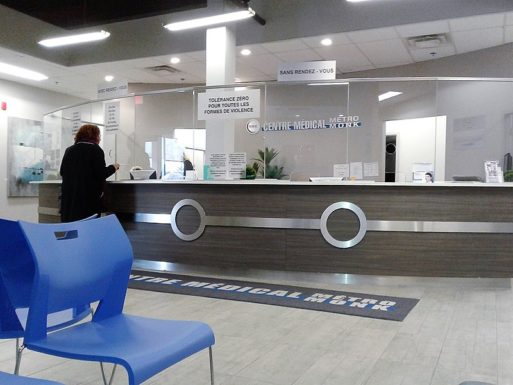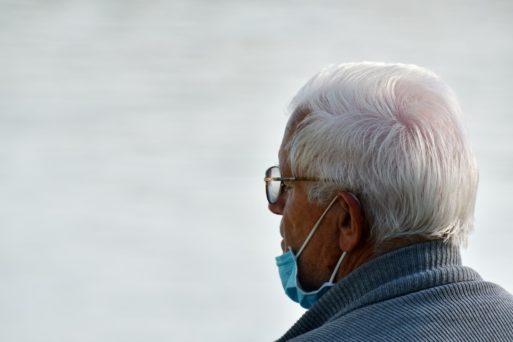There’s little doubt as to how 2020 will be remembered in history. The year that began with COVID-19 as a distant threat across the globe ended with nearly every country worldwide reeling from the trauma and shock of a pandemic. But while COVID-19 has had a major impact on the world as a whole, it wasn’t the only thing that happened in 2020. And it wasn’t the only source of death and grieving; in fact, non-COVID deaths also saw an increase last year.

Many people are delaying care for non-COVID conditions.
Credit: Jean Gagnon
Scientists believe this increase could be due to overwhelmed healthcare facilities and patients delaying care to avoid the virus. A study conducted in July 2020 showed that only two-thirds of “excess deaths” (above the expected average) during a two-month period were directly caused by COVID-19. Some researchers also believe that many COVID-19 deaths are going undiagnosed, as the full effects of the virus are still not fully understood.
However, regardless of these increases, there was no reason to believe that non-COVID deaths would be put on hold during the pandemic. According to the World Health Organization, noncommunicable diseases made up 70% of the leading causes of death over the last 10 years — a steep increase from 40% in the preceding decade. Heart disease, cancer, diabetes, and chronic respiratory diseases remain among the top health concerns worldwide.
Non-COVID deaths are no less tragic or traumatic than those caused directly by the coronavirus. Under normal circumstances, the loss of a friend or family member would be cause for sympathy, outreach and support. During the pandemic, however, those grieving non-COVID deaths may find their losses overshadowed.
When SevenPonds founder Suzette Sherman lost her mother to a heart attack in 2020, she felt her own loss was excluded from the national sense of mourning. There seemed to be a skewed perception that non-COVID deaths like her mother’s were somehow less tragic or more natural. “It’s as if we have created an unjustified hierarchy of importance toward our dead,” she said. “I wonder about all the others like me being made to feel like their losses were unimportant.”

COVID-19 distancing restrictions have made it difficult for loved ones to spend time together at the end of life.
Anyone who lost a loved one in 2020 was also confronted with the unique pain of saying goodbye from a distance. Many people state that all they want in their final days is to spend time with friends and family, but this is easier said than done in a pandemic. Elderly and immunocompromised people and those living in medical facilities or group homes are often under strict distancing regulations. Physical closeness is not always an option.
Even after death, survivors may be unable to visit a loved one’s body due to COVID-19 restrictions. Sherman experienced this, too, when her mother died. “Aside from the immediate shock, my overwhelming response was a desperate need to see her. It was just over a week into COVID, and they made it clear I was not allowed at the hospital — even the morgue. That was one of my hardest life moments.”
With new vaccines rolling out across the country, the end of COVID-19 is finally in sight, however distant. But its effects will be felt for many years to come in terms of our physical and mental health. While we grapple with the pain and trauma of weathering a pandemic, we will also have to process the grief and loss that comes with everyday life — more familiar, perhaps, but certainly no less difficult.

 Overshadowed by the Pandemic, Non-COVID Deaths Also Increased in 2020
Overshadowed by the Pandemic, Non-COVID Deaths Also Increased in 2020




 Composting Bodies Is Now Legal in a Dozen States
Composting Bodies Is Now Legal in a Dozen States














